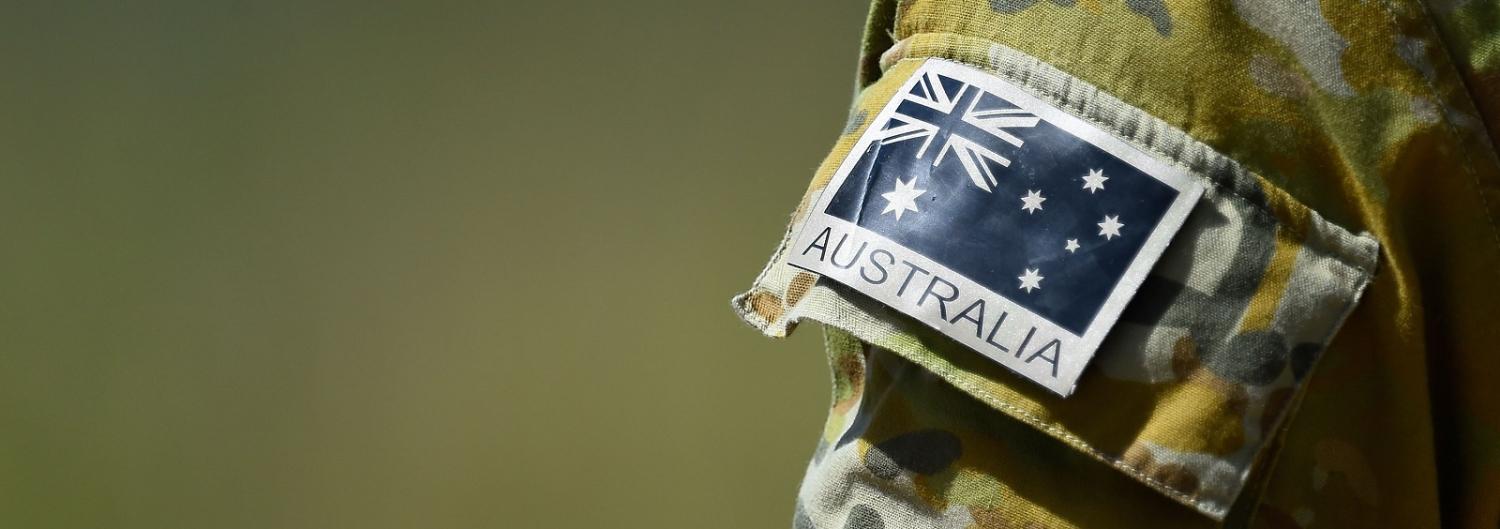News leaked out on the weekend of the first Australian dual citizen, Khalid Sharrouf, to have his Australian citizenship cancelled for fighting in Syria. The move has both a philosophical and practical basis to it. The notion that citizenship confers both rights and obligations on an individual is long-standing, as is the idea that loyalty to the country of which you are a citizen is a fundamental tenet of citizenship. Hence disloyalty is actively discouraged and, when it reaches a sufficient degree of seriousness, punished. The most serious offence is generally considered to be the taking up of arms against, or aiding and abetting the enemy of, your country of citizenship. The 1948 Nationality and Citizenship Act that defined what it meant to be an Australian citizen, also decreed that such citizenship would be forfeited in the event that either:
- An Australian citizen who, under the law of a country other than Australia, is a national or citizen of that country and serves in the armed forces of a country at war with Australia shall, upon commencing so to serve cease to be an Australian citizen, or
- has, during any war in which Australia is or has been engaged, unlawfully traded or communicated with the enemy or been engaged on or associated with any business which was to his knowledge carried on in such a manner as to assist an enemy in that war.
I am not aware of any case where the 1948 law was used to strip someone of their citizenship but after the onset of the so-called ‘Global War on Terror’, it soon became obvious the 1948 law was not sufficient to address the issues raised by this new type of security threat. The Australian Citizenship Act 2007 superseded the 1948 law but also retained the criteria for revocation so that a dual citizen can have his Australian citizenship revoked if the person:
- serves in the armed forces of a country at war with Australia; or
- fights for, or is in the service of, a declared terrorist organisation (see section 35AA); and the person's service or fighting occurs outside Australia.
The amendments take into account the fact that the concept of armed non-state actors such as terrorist groups was not thought of at the time the 1948 law was drafted. But the intent is the same – to punish fundamentally treasonous behaviour. Section 35AA outlines the rationale for including terrorist groups within the criteria, even though Australia may not be actively undertaking military operations against them. The law notes that such groups are '...opposed to Australia, or to Australia's interests, values, democratic beliefs, rights or liberties, so that if a person were to fight for or be in the service of such an organisation the person would be acting inconsistently with their allegiance to Australia'.
Khalid Sharrouf provides the perfect test case for the law’s initial use. He has already done jail time in Australia for a foiled terrorist plot and he is a (very publicly) self-declared member of Islamic State who is fighting in an area of operations in which Australian aircraft are among those targeting Sharrouf’s organisation. In a practical sense, now that Sharrouf is no longer an Australian citizen, those limitations on the exchange of information regarding Australian citizens (particularly for kinetic targeting purposes) are no longer in place. This may possibly speed up the ability to pass or act on information that Australian authorities obtain regarding Sharrouf the Lebanese national. Now he is simply like any other foreign fighter as far as Australian authorities are concerned.

There is however, one complicating factor – the five children of Sharrouf and his now-deceased wife Tara Nettleton. That should never be a consideration in stripping a person of their citizenship and it clearly hasn’t been in this case, assuming the media report is true. But governments have an obligation to provide as much assistance to these Australian children as is practically feasible, regardless of what their parents did to place them in the environment in which they now themselves.
